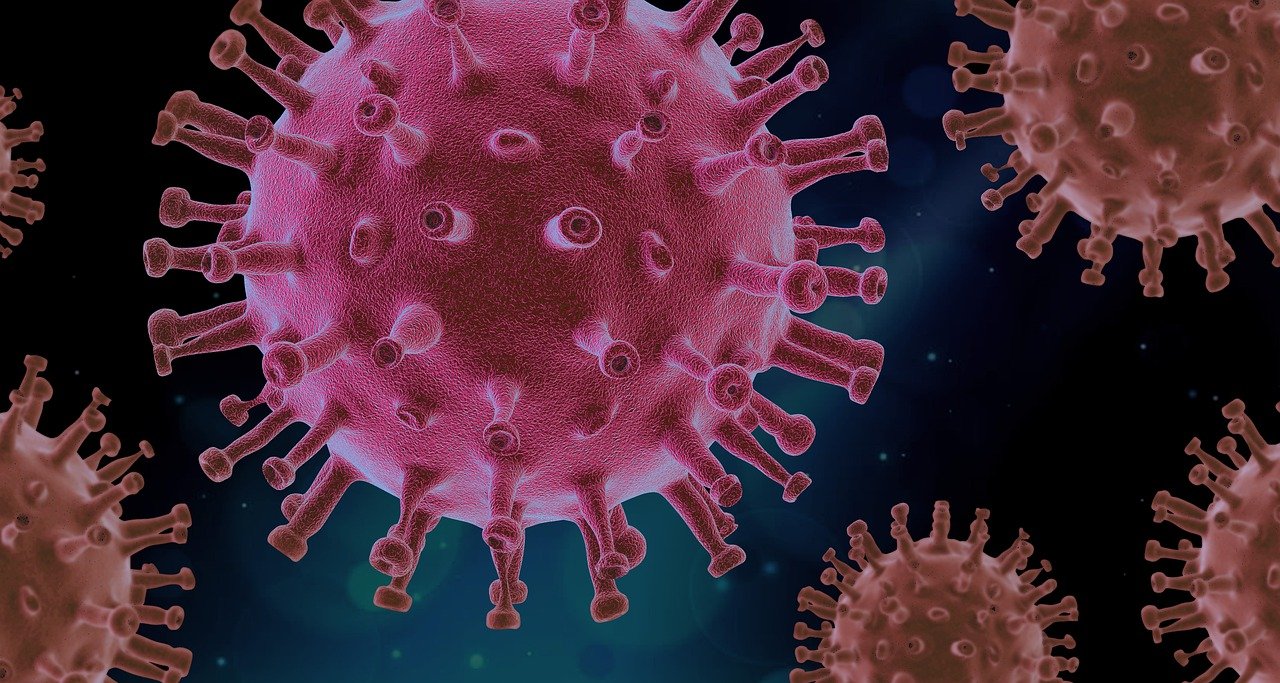If you have been pinning your hopes on a vaccine to get back to normalcy, here’s what you need to know about what a vaccine can and cannot do.
There are more than 150 coronavirus vaccines that are in development and at different stages across the world.
Although the main purpose of having a Covid-19 vaccine is to save lives and prevent people from dying, the vaccine trials that are underway, even the most advanced ones are not designed to tell us if they can actually save lives, prevent serious illness or stop the transmission.
According to Peter Doshi, Associate Editor at The BMJ and a drug development specialist the ongoing trials are only designed to show if the vaccines prevent infection -and most infections are mild infections. “None of the trials currently underway are designed to detect a reduction in any serious outcome such as hospital admissions, use of intensive care, or deaths. Nor are the vaccines being studied to determine whether they can interrupt transmission of the virus.” he writes.
In the U.S., four companies Moderna, Pfizer, AstraZeneca, and Johnson & Johnson are in the vaccine race that is in advanced stages of development.
In all the ongoing Covid-19 vaccine phase III trials for which details have been released, laboratory-confirmed infections even with only mild symptoms are considered as meeting the primary endpoint definition. For example, in Pfizer and Moderna’s trials, people with only a cough and positive lab test would bring those trials one event closer to their completion.
Part of the reason could be the numbers, says Peter Doshi. Severe infections requiring hospitalization and deaths from Covid-19 happen only in a small fraction of symptomatic covid-19 cases as most people with symptomatic covid-19 experience only mild symptoms. Therefore even trials involving 30 000 or more patients would turn up relatively few cases of severe disease.
In the trials, final efficacy analyses are planned after just 150 to 160 “events,”—that is, a positive indication of symptomatic covid-19, regardless of the severity of the illness.
Yet until vaccine manufacturers began to release their study protocols in mid-September, trial registries and other publicly released information did little to dispel the notion that it was severe covid-19 that the trials were assessing. Moderna, for example, called hospital admissions a “key secondary endpoint” in statements to the media.
Tal Zaks, chief medical officer at Moderna, told The BMJ that the company’s trial lacks adequate statistical power to assess those outcomes. “The trial is precluded from judging (hospital admissions), based on what is a reasonable size and duration to serve the public good here,” he said
“Hospital admissions and deaths from covid-19 are simply too uncommon in the population being studied for an effective vaccine to demonstrate statistically significant differences in a trial of 30 000 people. The same is true of its ability to save lives or prevent transmission: the trials are not designed to find out.”
In the trials, final efficacy analyses are planned after just 150 to 160 “events,”—that is, a positive indication of symptomatic covid-19, regardless of the severity of the illness.
When asked about interrupting virus transmission and if it should be the most important test in phase three studies Tal Zaks told the BMJ that Moderna’s trial will not demonstrate prevention of hospitalization “because in order to do that you have to swab people twice a week for very long periods, and that becomes operationally untenable.” he said.
He repeatedly emphasized these “operational realities” of running a vaccine trial. “Every trial design, especially phase III, is always a balancing act between different needs,” he said. “If you wanted to have an answer on an endpoint that happens at a frequency of one 10th or one fifth the frequency of the primary endpoint, you would need a trial that is either 5 or 10 times larger or you’d need a trial that is 5 or 10 times longer to collect those events
“Neither of these I think is acceptable in the current public need for knowing expeditiously that a vaccine works,” he told The BMJ.
When asked about the public expectation of a vaccine to be safe and that prevent bad outcomes he said “Number one, we have a bad outcome as our endpoint. It’s Covid-19 disease.” Moderna, like Pfizer and Janssen, has designed its study to detect a relative risk reduction of at least 30% in participants developing laboratory-confirmed covid-19, consistent with FDA and international guidance.
Moderna, like Pfizer and Janssen, has designed its study to detect a relative risk reduction of at least 30% in participants developing laboratory-confirmed covid-19, consistent with FDA and international guidance
Zaks then pointed to influenza vaccines, saying they protect against severe disease better than the mild disease. “To Moderna, it’s the same for covid-19: if its vaccine is shown to reduce symptomatic covid-19, it will be confident it also protects against serious outcomes.”
But the truth is that the science remains far from clear cut, even for influenza vaccines that have been used for decades. Although randomized trials have shown an effect in reducing the risk of symptomatic influenza, such trials have never been conducted in elderly people living in the community to see whether they save lives.
Source: British Medical Journal
Sign up for the QuackTrack.org newsletter below!














